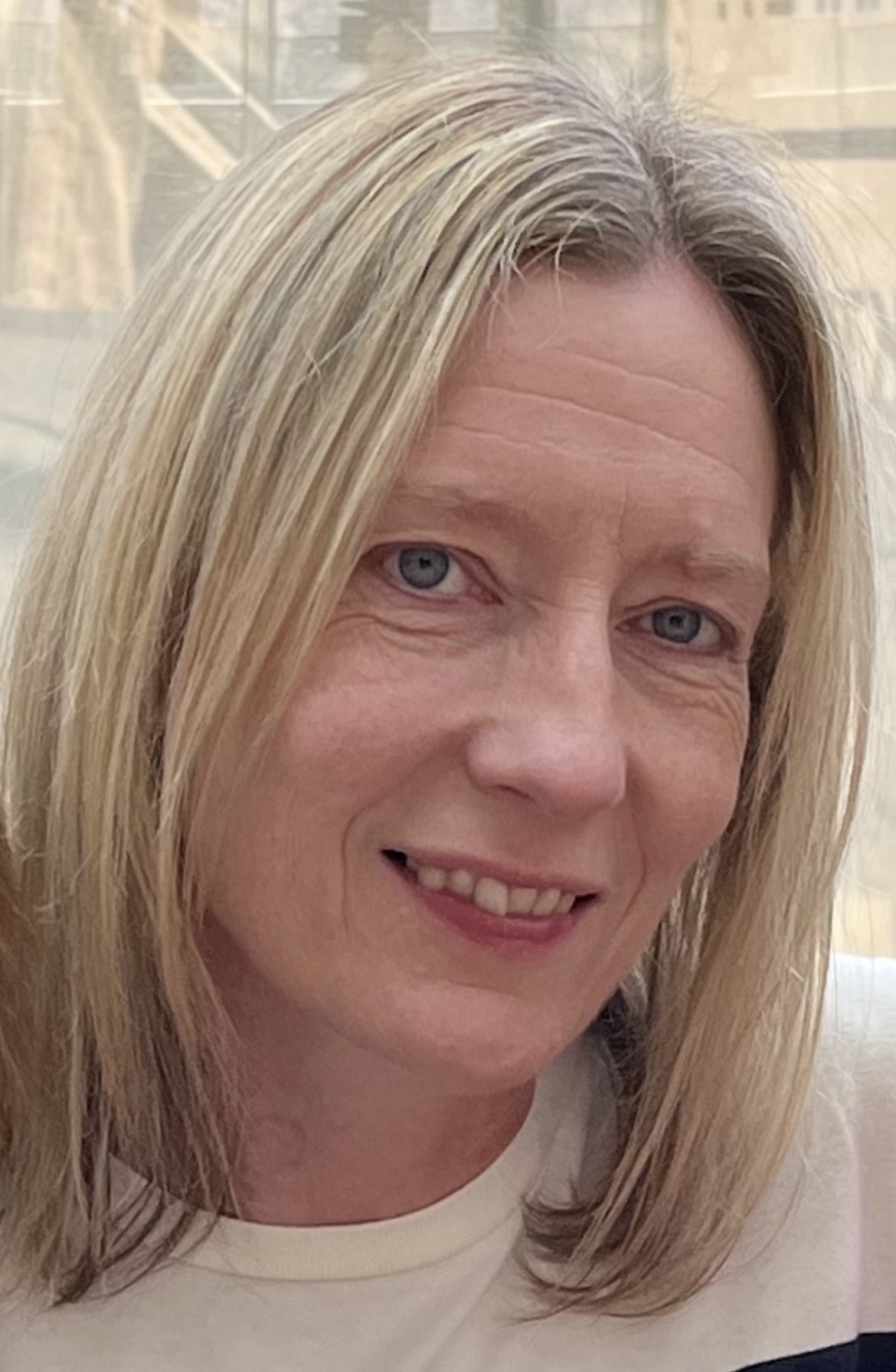
about

Julie McGrane
Geography

Anne de A'Echevarria
History
our story
We have both spent much of our careers exploring ways of helping learners develop the skills and dispositions required to think and learn effectively. As a result we can draw on a range of teaching thinking and enquiry-based approaches such as Project Based Learning, Philosophy for Children and Mantle of the Expert - to name just a few.
From these we bring:
- an understanding of how to develop children's ability to think together and think for themselves - and develop a language for doing so;
- an awareness of the importance of analogy and story in helping children explore abstract concepts;
- a wealth of strategies to help learners explore these 'big ideas' that underpin learning in different subject areas;
- expertise in facilitating the sort of metacognitive learning conversations that embed deeper understanding;
- a desire to infuse learning with real world authenticity and relevance.
our approach
You will therefore find that our approach to developing a 'knowledge rich' curriculum in history and geography carefully blends substantive knowledge - knowing 'what' - with subject 'knowhow'. This knowhow can be defined as disciplinary knowledge - an understanding of the conceptual tools and skills that historians and geographers use to explore the world, together with the language of historical and geographical thinking that they need to do so.
While the specific subject knowledge and 'knowhow' relates to history and geography, our approach also equips learners with a form of knowledge that empowers:
- they learn to think and engage with, rather than merely consume, subject content;
- they gain power over their own knowledge - learning how to find and make sense of information and how to test and evaluate their own claims and those of others;
- they develop the language and critical thinking skills they need to participate in current debate and a willingness and ability to take action to promote social justice, or environmental protection for example;
- they develop empathy for diverse peoples, cultures and world views and a strong sense of citizenship: committed to the duties, obligations, and functions that comes with being a good local and global citizen.